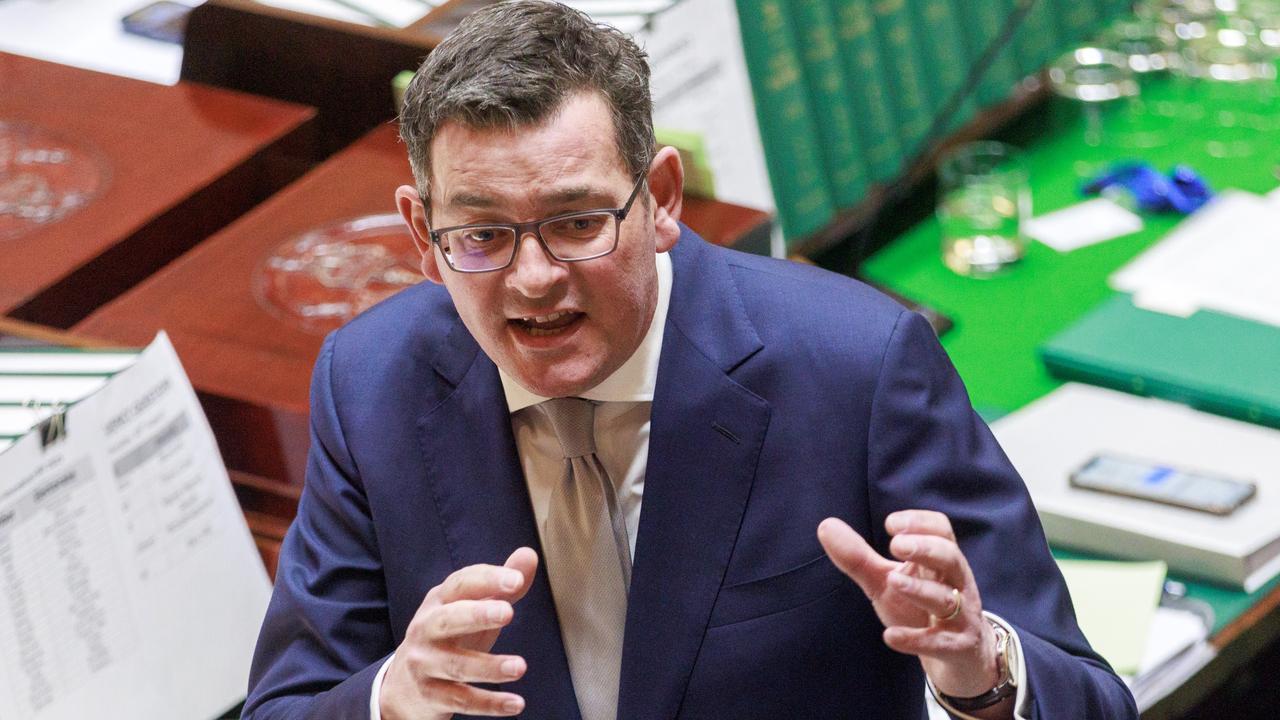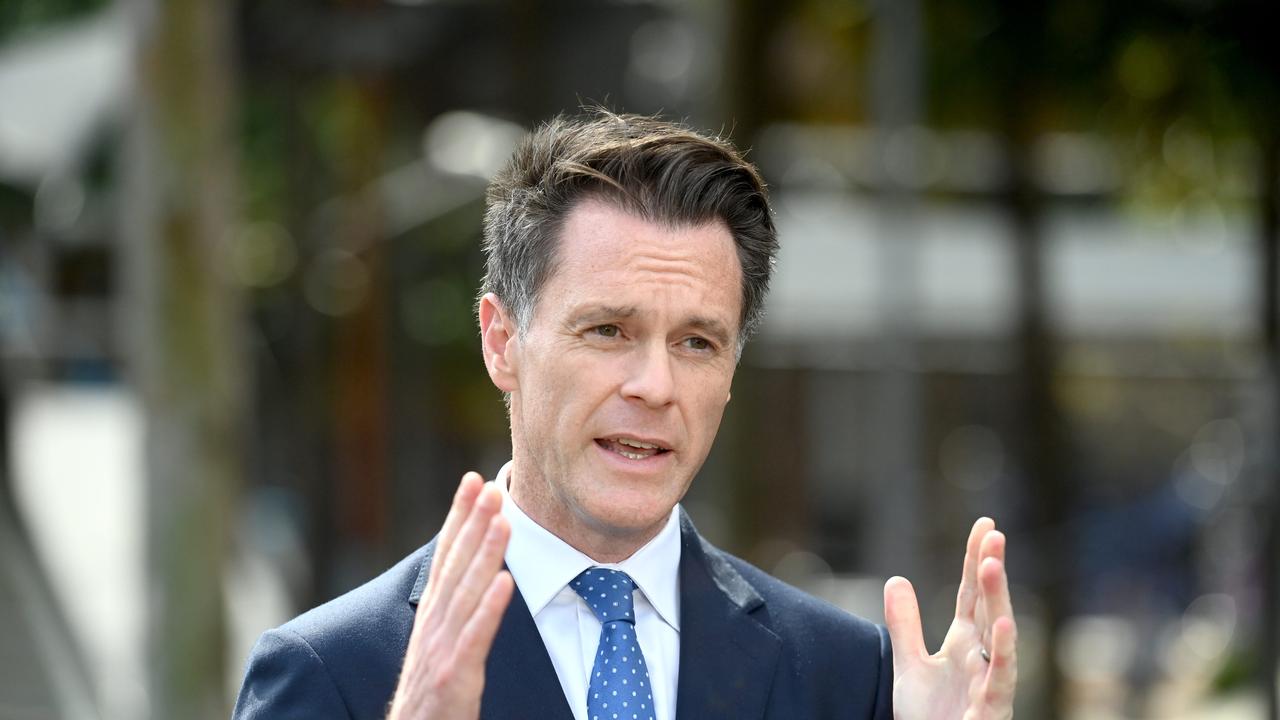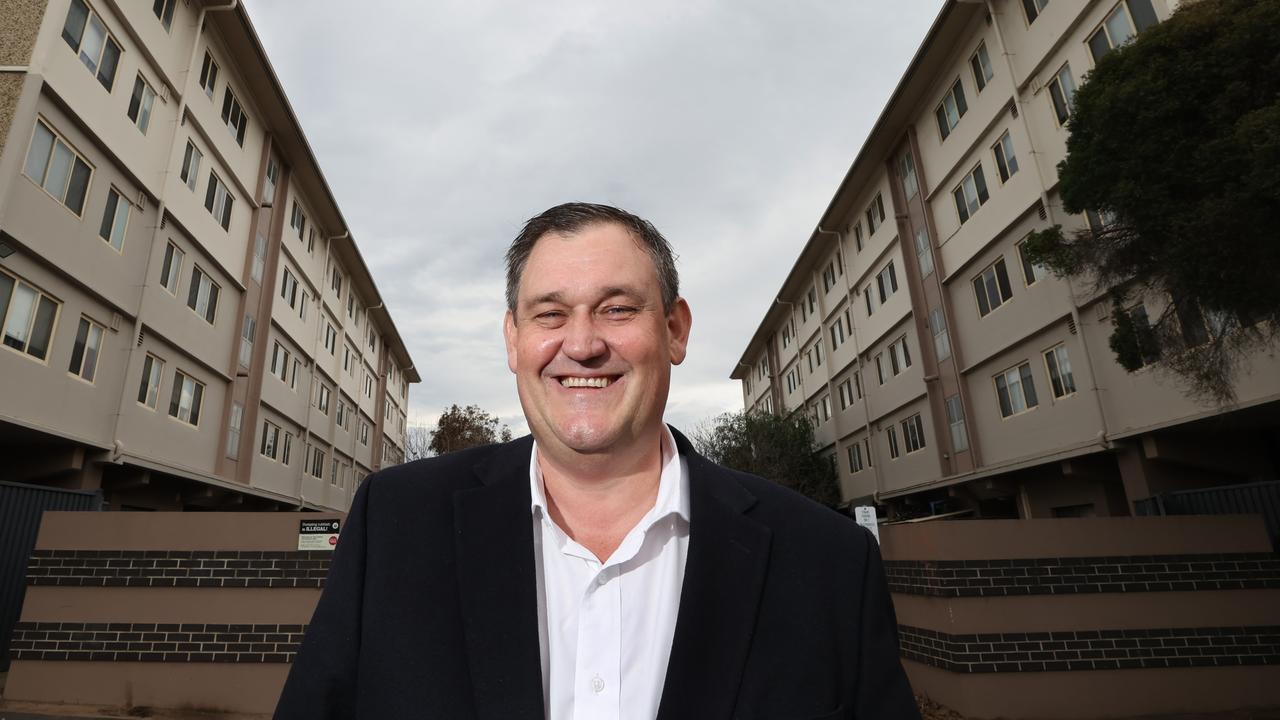Why other Australian states won’t follow Daniel Andrews’ gas ban in Victoria
A controversial gas ban by Daniel Andrews is a policy that other state premiers cannot get behind, as energy bosses explain what the solution must be.
Gas cookers and heaters around Australia will form a critical plank in the road to renewable energy, with most states and the federal government ruling out bans on new home connections despite an assault by Victoria and some councils.
With the European Union designating gas a green energy last year, Australian suppliers say the time is now for the country to ramp up its own gas production in a bid to keep homes heated and the lights on.
It comes after the Victorian Government’s July announcement that gas connections would be banned in all new homes and redevelopments from January 1 – the only state to do so.
A swathe of NSW councils have also ushered in their own gas bans on new developments. But without state government support, the restrictions are likely to be thrown out if appealed.

Other premiers have spoken critically of the move to ban gas, with NSW Premier Chris Minns saying it was “another complication” in the shift to renewables that he wouldn’t back.
The state’s energy Minister Penny Sharpe also reiterated this month that “gas is an important part of the transition (to renewables)…(it’ll) have a role to play.”
Queensland and South Australia have likewise declared they would not follow in Victoria’s footsteps.

Industry figures say gas is growing as a crucial “firming” energy – meaning it can be used when the sun doesn’t shine and the wind isn’t blowing.
Industry body the Australian Petroleum Production and Exploration Association (APPEA) lashed moves to ban gas, saying it was more important than ever with the shutdown of coal-fired stations.
“We have seen increased reliance on gas to keep the lights on along the east coast of Australia, as coal exits and back up is needed for when solar or wind generation is unavailable,” APPEA’s chief executive Samantha McCulloch said.
Click here to find all the stories in Future Energy campaign
“Banning gas in new homes is just pushing households onto an already strained coal-based electricity grid.”
She added banning gas – done in a bid to reduce carbon – could even have the opposite effect.
“These bans may actually increase the carbon footprint of those homes in the near-term while taking choice away from consumers, decreasing competition and shifting the burden onto consumers,” Ms McCulloch said.
Alinta Energy CEO Jeff Dimery said gas-fired generation would be “absolutely critical” to the transition to net zero.
“We still need a source of power that’s not dependent on the weather. And unless we do a complete 180 on nuclear, gas is it,” he said.
“We should also take advantage of our existing gas infrastructure, including underground storage and pipeline networks. There’s really no alternative, cost-effective or otherwise, especially at the peaks of winter and summer.”

Woodside Energy CEO Meg O’Neill said gas could play a key role in decarbonisation.
“When used to generate electricity, natural gas emits around half the life cycle emissions of coal,” she said.
“Many sources of renewable energy require firming capacity, to ensure a stable supply of electricity when the wind doesn’t blow and the sun doesn’t shine and gas can provide that.”
Expecting renewables to be a “silver bullet” was also incorrect, Santos CEO Kevin Gallagher said, saying gas had a huge role to play in changing energy sources.

“Renewables are part of the solution, but they are not a silver bullet,” he said.
“Renewables provide unreliable electricity. I say unreliable because it is not 24/7 … Gas is a better battery for renewables because it can cope with long-term outages and always deliver electricity 24/7 – and its unit costs are far lower than batteries.”
Federal resources Minister Madeleine King said Victoria’s ban on gas was a matter for the Andrews Government, but indicated at Commonwealth level a similar move was off the table.
“The Albanese Government’s support for energy upgrades and energy efficiency is focused on giving Australians choice, and it’s not federal policy to ban gas connections,” a spokeswoman said.
“Victoria’s announcement to ban new gas connections is a matter for the Victorian Government.”
She added gas was a crucial part of ensuring energy security amid the move to renewables.
“In the short term, new supplies of gas are going to be needed to make sure we have the reliability of supply,” she said.
“Gas will help smooth the transition to renewables, while guaranteeing energy security both for Australia and for our partners in the region.”





